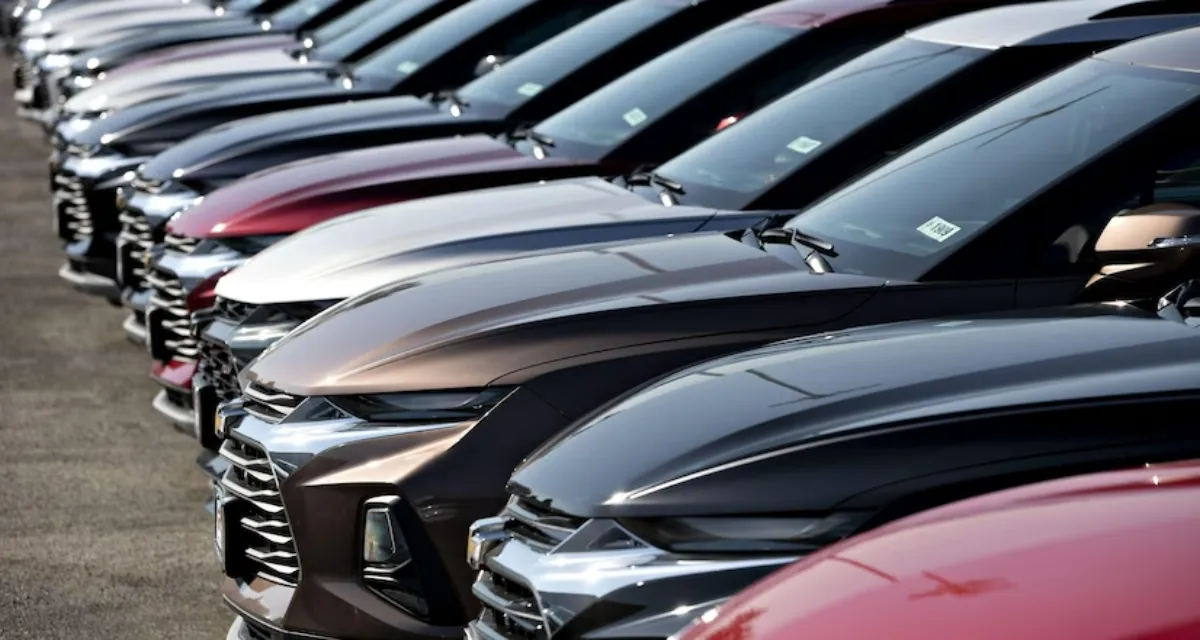

India’s festive season is usually a time when car showrooms are buzzing with activity. But this year, something is different. Despite the celebrations in the air, car sales are not soaring as they usually do. This unexpected slowdown has left many wondering: why are fewer people buying cars during a time that’s traditionally a high point for the auto industry?
In India, the festive season—from around September to November—is often a golden period for car sales. Families plan big purchases, including cars, to coincide with festivals like Diwali. Car companies, knowing this, roll out special offers, discounts, and new models to attract buyers. It’s a time when the industry usually sees a significant spike in sales. But this year, the numbers are telling a different story.
One of the main reasons for this year’s sluggish sales is the rising cost of cars. Over the past few years, car prices have been steadily climbing, making it harder for people to afford new vehicles. This price hike is due to several factors, including the increasing cost of raw materials and the need for companies to upgrade their cars to meet stricter environmental standards. As a result, potential buyers are thinking twice before making a purchase, even during the festive season.
Another factor contributing to the slowdown is the high interest rates on car loans. With the cost of borrowing money going up, fewer people are willing to take out loans to buy a new car. This is a significant shift because, in the past, many people relied on loans to finance their car purchases. Now, with higher monthly payments, some are choosing to hold off on buying a new vehicle altogether.
Availability of stock is also playing a role in the sales dip. Due to supply chain issues, many carmakers are struggling to keep up with demand. This means that even if someone wants to buy a car, they might not find the model they’re looking for. This mismatch between demand and supply is frustrating for both buyers and sellers and is contributing to the overall slowdown in sales.
The way people think about car ownership is also changing. In urban areas, especially among the younger generation, there’s a growing trend towards using shared mobility services like ride-hailing apps or renting cars as needed, rather than owning a vehicle. This shift in mindset is reducing the number of people looking to buy cars, even during the festive season.
Additionally, the rise of electric vehicles (EVs) is having an impact. While EVs are becoming more popular, they are still relatively expensive compared to traditional cars. Many potential buyers are waiting for prices to come down or for more affordable models to become available before making the switch. This hesitation is slowing down overall car sales.
Car manufacturers are well aware of these challenges and are adjusting their strategies accordingly. Some are focusing on producing more affordable models to attract budget-conscious buyers. Others are ramping up their production of electric vehicles, anticipating that this will be where the market heads in the future.
Despite the current slowdown, automakers are hopeful that the market will pick up again. They’re counting on new launches and continued festive offers to entice buyers. But whether these efforts will be enough to overcome the current hurdles remains to be seen.
All we can conclude is The festive slowdown in car sales might be surprising, but it’s not necessarily a sign of long-term trouble for the auto industry. Instead, it reflects a period of transition. As car prices rise, interest rates increase and consumer preferences shift, the industry is going through a significant change. While this has caused a dip in sales this festive season, it could also lead to new opportunities for growth in the future, especially as companies adapt to these new realities.
In the end, the auto industry, like any other, has to evolve with the times. The current slowdown may just be a bump in the road, leading to a future where the industry is more resilient and better aligned with the needs and preferences of modern consumers. Only time will tell if this is a temporary setback or the beginning of a new chapter in the story of car sales in India.
Also Read: